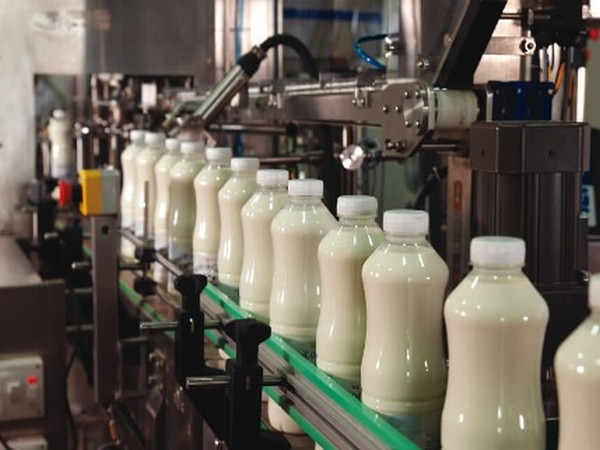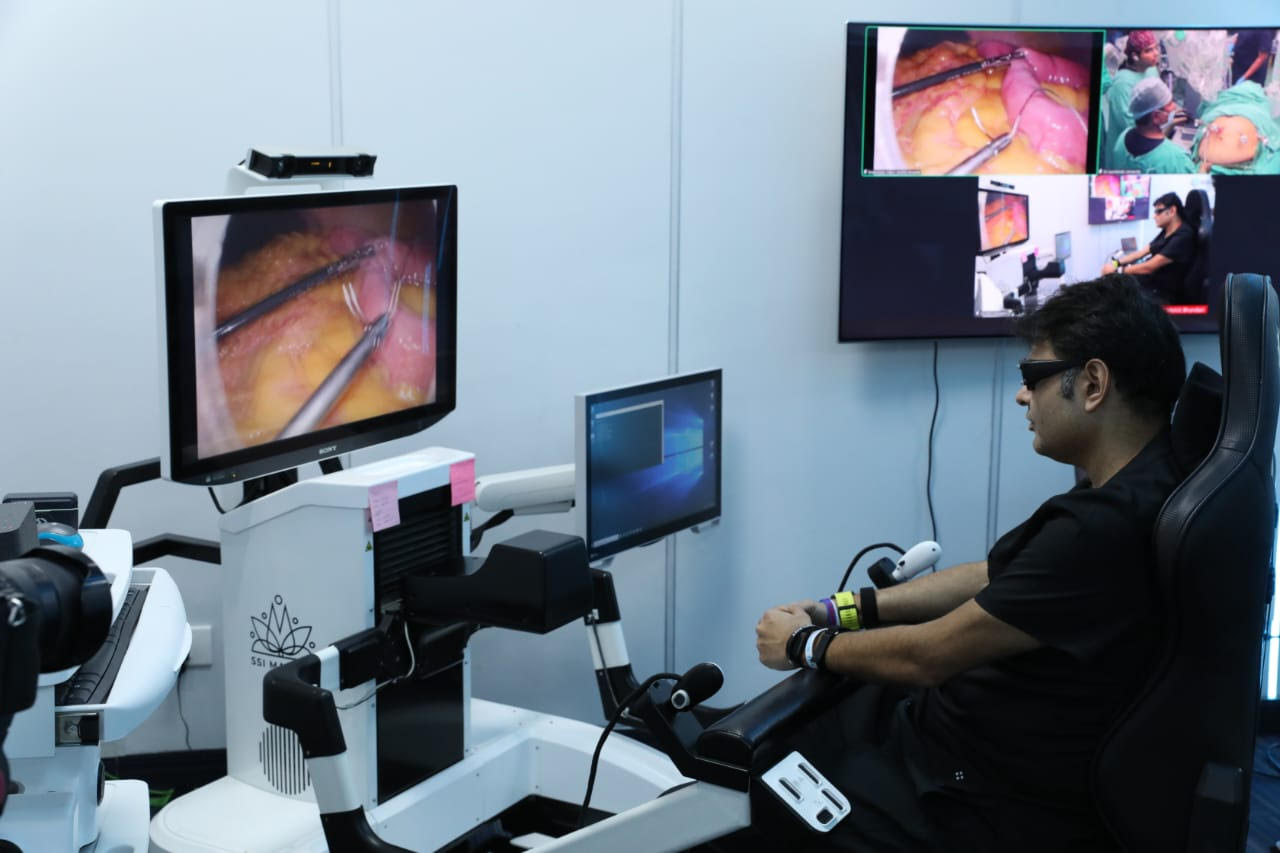New Delhi [India], April 1 (ANI): The United States Trade Representative (USTR) has highlighted several trade and regulatory challenges in Monday’s National Trade Estimate (NTE) Report, raising concerns over India’s tariffs, non-tariff barriers, intellectual property policies, digital trade, and transparency.
The report released by US on Monday stated that a major concern for the U.S. is India’s high import duties, particularly on agricultural products.
It says, India imposes a 150 per cent tariff on alcoholic beverages and a 100 per cent tariff on walnuts and raisins imports from US, making it difficult for U.S. goods to compete.
Another key issue is India’s strict import restrictions on certain dairy products. The U.S. sees India’s requirement that dairy products come from animals not fed meat, blood, or internal organs as a major barrier.
However, the Global Trade Research Initiative (GTRI) defended these rules, arguing that such restrictions align with India’s domestic needs. GTRI stated that India may never allow dairy products from cows fed animal remains, emphasizing food safety and cultural factors.
Ajay Srivastava, Founder of the Global Trade Research Initiative said “While the U.S. continues to pressure India to amend its trade policies to serve American commercial interests, India must firmly assess each demand through the lens of its own national priorities, development goals, and cultural values”.
He further added “imagine eating butter made from the milk of a cow that was fed meat and blood from another cow. India may never allow that”.
Furthermore, India mandates non-GM and GM-free certificates for 24 products, even for crops that are not commercially modified. The U.S. calls this an unjustified restriction, but India argues it ensures traceability and consumer confidence.
The US report also stated India’s non-tariff barriers, such as licensing requirements and import bans on certain goods. For instance, animal-based oils are restricted, and some medicines require special approval before import. The U.S. wants these restrictions eased, but India argues that they are necessary to protect health, safety, and the environment.
Another point of contention is India’s import licensing for remanufactured goods and medical devices. In 2024, India stopped issuing licenses for refurbished U.S. medical devices, impacting exports. While the U.S. views this as excessive regulation, India believes that relaxing these rules could lead to a flood of low-quality second hand products that might harm consumers and domestic industries.
GTRI says “In 2024, India stopped issuing licenses for refurbished U.S. medical devices, affecting exports. While the U.S. sees this as unnecessary red tape, India worries that relaxing the rules could lead to a flood of second-hand or low-quality products”
The USTR’s annual report outlines key trade policies that impact U.S. exports and investments worldwide, with India being one of the focus areas due to its restrictive trade practices. While the U.S. continues to push for fewer trade barriers, India maintains that its policies are necessary for protecting domestic interests and consumer safety. (ANI)
Disclaimer: This story is auto-generated from a syndicated feed of ANI; only the image & headline may have been reworked by News Services Division of World News Network Inc Ltd and Palghar News and Pune News and World News
HINDI, MARATHI, GUJARATI, TAMIL, TELUGU, BENGALI, KANNADA, ORIYA, PUNJABI, URDU, MALAYALAM
For more details and packages
















